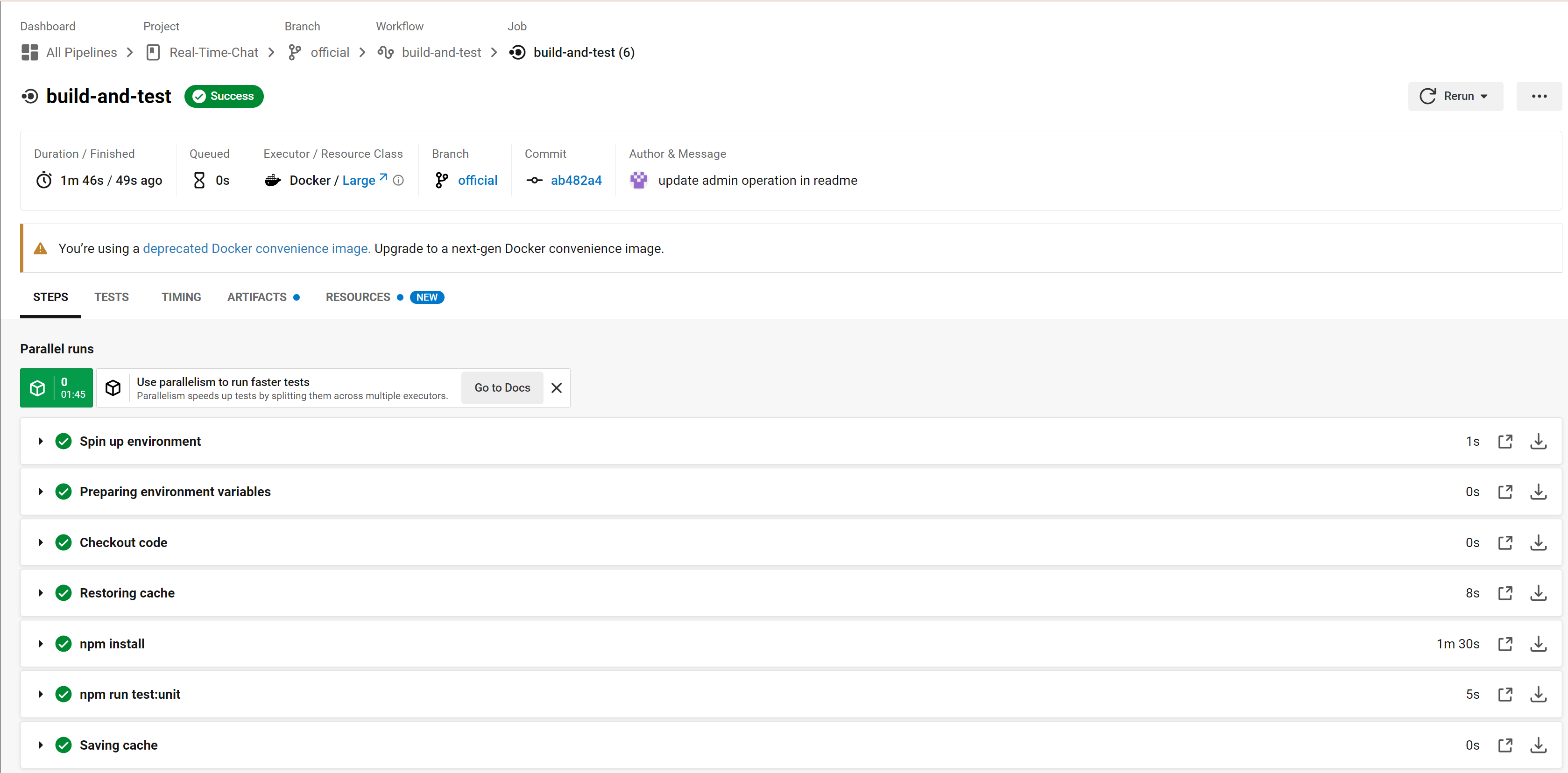As we rely more and more on services like LastPass, Slack, and CircleCI, the frequency and risks of hackers obtaining user data from those platforms increase. While it’s easy to assume that these services have sufficient security measures in place, the recent hacks of LastPass, Slack, and CircleCI show otherwise.
The breach of LastPass, in particular, is cause for alarm as the personal data of millions of users is potentially compromised. LastPass stores users’ passwords and other sensitive information, making it a ripe target for hackers. Fortunately, LastPass responded quickly to the attack and enforced additional security features to protect user data moving forward.
Slack also experienced a hack in July, with attackers compromising hundreds of customer accounts. Thankfully, no user data was exposed, but it still serves as a reminder of how vulnerable many of these online services are. In response to the hack, Slack implemented a two-factor authentication process to make user accounts more secure.
Most recently, CircleCI suffered a data breach, exposing information such as usernames, passwords, and personal data about its users. The company has already taken steps to improve its security and has notified users who may have been affected by the breach.
It’s important to note that the hacks of these services are likely to worsen. With more and more of our personal data being stored online, hackers have a greater incentive to target such services. Therefore, it’s essential that users remain vigilant and use strong passwords and two-factor authentication when signing up for online services. Additionally, users should be aware of any new security measures taken by the services to ensure their data is safe and secure.
In the end, online services like LastPass, Slack, and CircleCI must prioritize security to ensure the safety of users’ data. It’s only a matter of time before the next hack, so companies must stay ahead of the curve and implement additional security measures to prevent further breaches in the future.
Hey Subscribe to our newsletter for more articles like this directly to your email.
